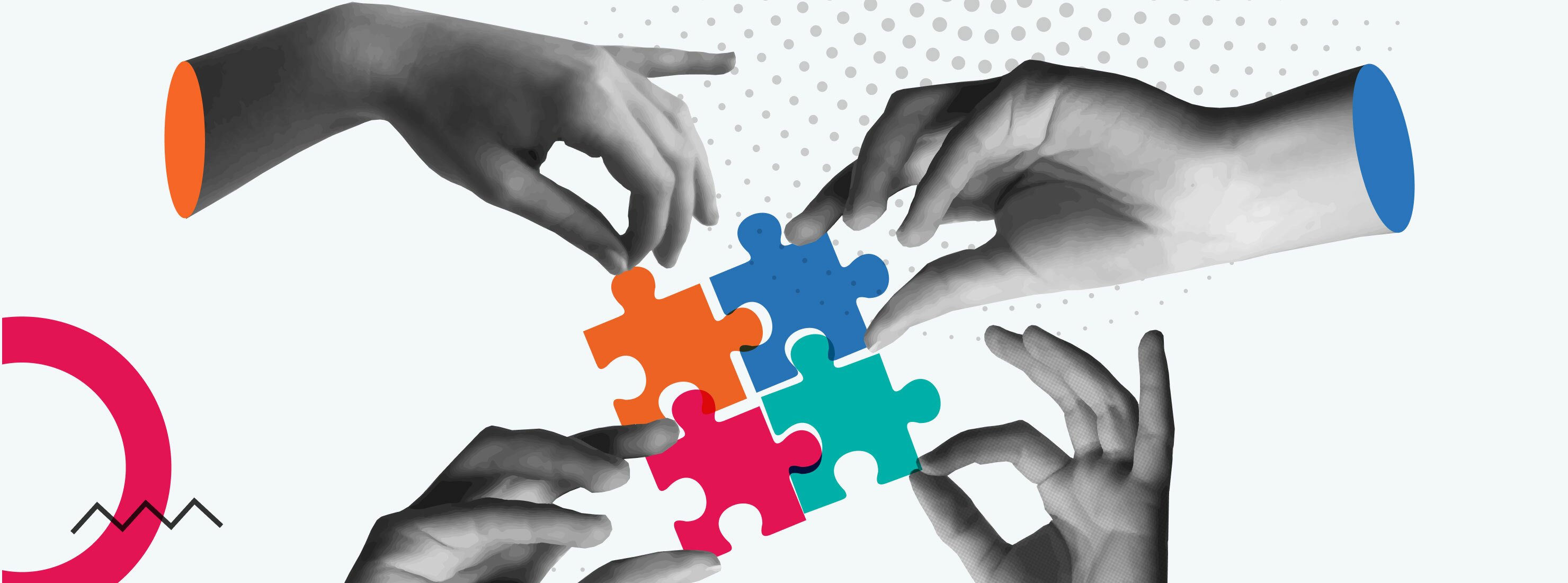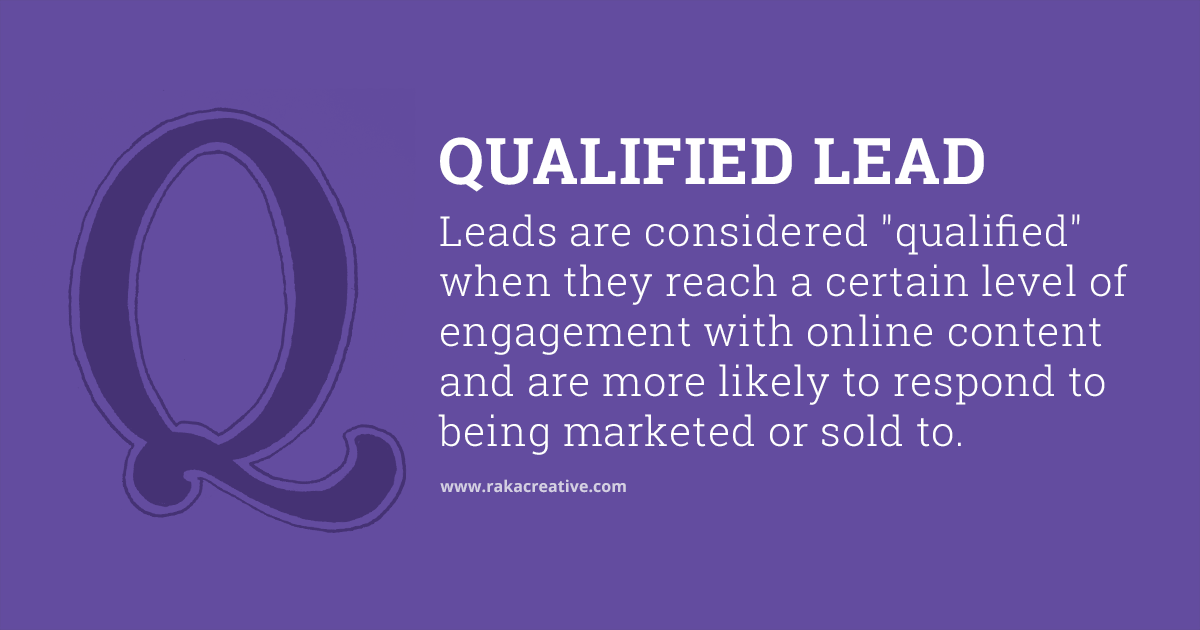By now, as you sip your coffee and type a memo and talk to your co-workers and color in your grown-up coloring book, all while working on that blog post you’re supposed to have done by the end of the day, you’re probably aware that multitasking has become somewhat of a four letter word in the corporate world. Figuratively speaking, of course.
Ever since IBM used the term “multitask” for the first time in 1965 (to describe a computer, no less), the workplace has been a multitasker’s proving ground. That’s especially true if you’re a 21st century marketer. Yet in recent years, there’s been a widespread backlash against the practice, one that I’ve seen firsthand as a longtime, inveterate multitasker.
The theory is that the human mind actually can’t juggle multiple tasks at once. That means your brain is actually switching from one task to another, with a significant lag time in between. This bouncing around harms your productivity and ultimately makes you a more distracted, less productive marketer. Even if it doesn’t show in your final work, it does ensure that you’re tying up some of your working hours in an unproductive fog. You may actually wind up working more hours than you would have if you had just avoided multitasking in the first place.
So let’s break down why multitasking is now becoming unpopular, what it means to work mindfully, and how you can balance the two as a marketing professional.
Why Is multitasking bad?
Let me first be clear: We live in a world where eliminating multitasking is not possible. We’re all looking at our phones while doing our laundry, feeding angry children while shopping for sleep aids on Amazon, and answering emails from one client while you’re on a phone call with another. These are the facts when we all have an ever-increasing number of responsibilities and distractions without a corresponding increase in available hours.
The backlash is against multitasking at work, in particular, and there has been ample research over the last three years that demonstrates its harm. There are indications that it literally lowers IQ, damages your ability to concentrate, and leads to less productive workers.
The trouble is that for most of us, switching from one task to another involves a little bit of lag time and recalibration, so that if you’re working on three projects simultaneously, the net effect is that you’re not doing any of those three things well.
This manifests itself in little ways, too. How often do you check your email during the day while mid-stream on another project? How many times do you glance at your phone notifications in the middle of a meeting? You’re particularly vulnerable to a spacey answer or crucial mistake when you’re switching between these tasks, so what feels like a quick detour might wind up being the kind that lands you in hot water in your workplace.
Why single-tasking?
Many champion single-tasking as the solution to the multitasking problem. In essence, it’s just what it sounds like: complete focus on a single task until you’ve finished what you set out to do with it. This sounds remarkably simple, but for some, it may involve re-training your mind.
For example, imagine I sat down to finish the second half of this blog post (which I did) and that I promised myself I’d finish it before doing anything else (ditto). That means not clicking email, getting sidetracked by other tasks, or starting up another blog post. It might make you twitch, but you’ll be surprised how much more quickly you get said task done.
You can help yourself by utilizing mindful work, which is less about focusing on a single task than just focusing on what it is you’re doing and being present for it. This might include meditation, therapeutic silence, or other practices designed to focus and ground you in work. Proponents say these practices shrink the part of the brain responsible for your fight or flight instinct and help you to do what you should be doing, which is essentially single-tasking.
These practices will help you focus on one task at a time, even if you’re too antsy to meditate. If you can take a five minute walk outside the building or concentrate on deeply breathing for one minute every couple of hours, you can re-frame your day and improve your focus.
Operating in a post-multitasking workplace
So now you know why multitasking is not recommended and single-tasking is. What should you do about it?
Based on personal experience and best practices, here are some starting points:
- Begin with a small change to a single multi-tasking habit. Baby steps, people!
- Start each day by making a list of items you will get done, and a list you won’t get done. It’s too easy to get caught up in small tasks that only slow you down on your priorities. My colleague Mary Brown recommends making lists of your priorities whenever you feel the “wave of overwhelm” about to engulf you, and I don’t have to explain to anyone what that feeling entails.
- Colleague Amahl Majack recommends checking email just two or three times a day. Checking every new email as it comes in is the hardest habit to let go of, but except in cases where you are regularly sent word of crises via your inbox, it’s a smart move. Nothing throws you off track faster than emailed requests, no matter how small they are.
- Get out of the office at least once per day. Even if it’s just a loop around the building, a quick run to the store, or time outside to market with the squirrels or something. Anything that changes your setting can help.
- Hide your phone. Customize your notifications so that your phone will bing or bloop if something important happens, sure, but put it out of sight, out of mind. Otherwise, you’re likely to waste at least 15-30 minutes per day just taking a look at the damn thing.
- Close tabs you’re not using. A typical marketer’s browser might have 10-50 of them open, and your chances of navigating them quickly and easily are basically nil. That’s what bookmarks are for, anyway.
Making it work
In the interest of full disclosure, I’m better at giving tips than I am at following them. I’ve made gains by following the above tips, but I’m a work in progress as a single-tasker, and I probably will be for a long time. Remember that if you find it difficult to erase bad habits, you’re hardly alone.
Just improving your overall organization—personally and throughout your marketing agency or department—can be a step in the right direction. We like using organizational tools to help us all stay on the same page, like this one:




